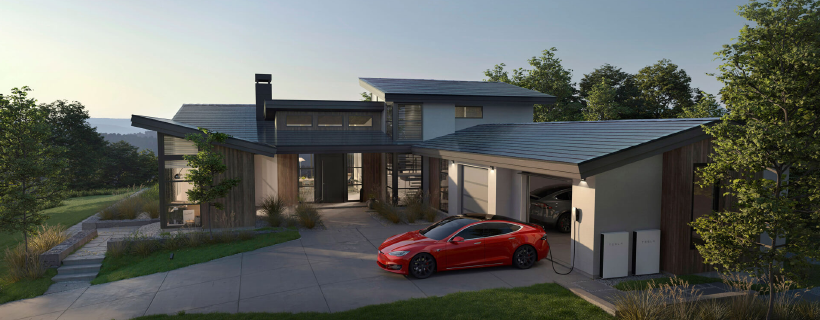The recent move in shares of TSLA (up 30% in the past month) has largely been driven by short sellers covering positions based on the emerging consensus that Tesla will stay in business long-term. That said, Tesla has not won over many long-term investors. The story still has material risks related to demand, production expansion, talent retention, and Elon’s behavior. We believe that, over the next two years, Tesla will slowly win over long-term investors with the potential of a business miracle.
Winning Over the Short Sellers With Demand & Production Efficiencies
We attribute the recent move in TSLA shares to short seller covering. Over the past six months, short interest in Tesla has decreased from 24% (Jun) to 15% (as of Dec 13th), which compares to Netflix at 6%, Apple at 1.5%, Facebook at 1% and Google at 0.5%. The catalyst for the short covering has been the reduced risk of the company running out of money. Demand continues to increase and cash burn has stabilized with improved production efficiencies. But in order for shares of TSLA to see a sustained move higher in the years to come, the company needs to win over more buy and hold investors.
Winning Over Investors With the Potential of a Business Miracle
The thesis for Tesla’s business miracle is rooted in the handful of years that the company operated with effectively no competition. They have invested aggressively and built expertise in areas that will make a new EV buyer more likely to buy a Tesla than a new EV from a traditional automaker. Tesla has nearly a decade head start in EVs because other automakers have under-invested in the space, giving the company deeper knowledge related to battery design, a charging network with greater coverage, a better user experience, and more advanced self-driving capabilities.
Three Foundational Advantages
- A More Efficient Battery. Range is one of the most important factors of an EV buying decision. Range anxiety represents the biggest headwind for mass adoption of EVs in the near-term. Once the entire industry has gone through the massive transition to electric, components like long-range batteries, electric drive trains, and a ubiquitous charging network will be largely commoditized. That said, in the next ~10 years, differentiation in these areas will be important in gaining market share. Tesla’s accumulation of advantages in these areas lies at the center of its potential business miracle.
- Vertically Integrated Charging Network. There are 15,000 Tesla fast charging stalls worldwide, which is 10x greater than ChargePoint’s 1,500 fast charging stalls. It is generally accepted that Tesla’s charging network is preferred to generic EV charging stations, because of its near ubiquity (99% of the US population lives within 150 miles of one) and ease of use (integrated route planning and payment). This has been a huge area of investment for Tesla and will continue to be a focus for years to come. Although we believe that that EV charging will eventually be commoditized similar to current fuel infrastructure, it represents a huge comparative advantage for Tesla. Nothing eases range anxiety like knowing you can charge your car at several locations nearby, and it’s a compelling selling point when EV buyers are considering their options.
- Software Updates and Deferred Revenue. In September, Tesla released Software Version 10.0. The most notable new feature, Smart Summon, allows Tesla owners who have purchased Full Self-Driving (FSD) or Enhanced Autopilot to request their vehicles to self-navigate a driveway or parking lot and pick them up. The company sells its Full Self-Driving (FSD) software upgrade for $7,000 per vehicle. Tesla is the only car company that incrementally recognizes revenue on high-margin software as they roll out new versions and features. This creates a unique system of taking in money to continuously develop and improve the system that consumers have paid for up-front. Another advantage is Tesla’s proprietary hardware, which is capable of powering more advanced features as Tesla inches closer to full autonomy.
